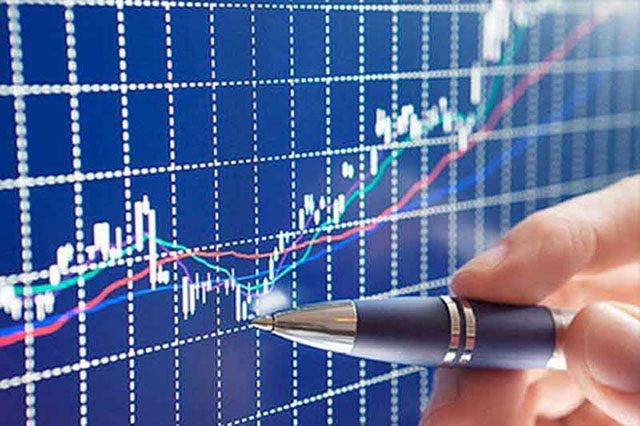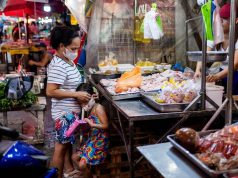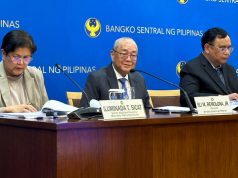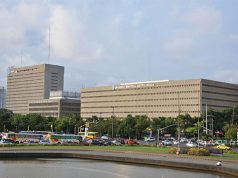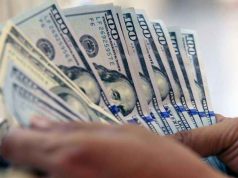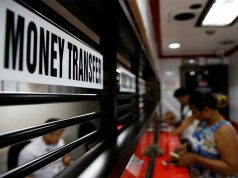Annual inflation in the Philippines quickened in May for the first time in eight months, but analysts say a slowing economy and lack of price pressures this year will likely mean more policy easing.
The consumer price index in May rose 3.2% from a year earlier due to a rise in food and utility prices, the statistics agency said on Wednesday. Inflation picked up from April’s 3.0% pace and was above the 2.9% forecast in a Reuters poll.
It was the first time since September 2018 that inflation has accelerated but the outcome was within the central bank’s 2.8%-3.6% projection for the month.
Bangko Sentral ng Pilipinas Governor Benjamin Diokno said the faster-than-expected inflation in May is only one data point and “does not constitute a trend”.
The central bank expects inflation to be “in the neighborhood” of 2% in the third quarter, with the annual rate to be “in the vicinity” of 3.0% for this year and next, Diokno said in a mobile phone message.
May inflation brought the average rate in the first five months of the year to 3.6%, within the central bank’s 2%-4% target for the year.
Core inflation, which strips out volatile food and fuel items, was 3.5%, picking up from April’s 3.4%. Inflation on a month-on-month basis was 0.2%.
Financial markets were closed on Wednesday for the Eid-Al-Fitr holiday.
Inflation seen slowing
HSBC economist Noelan Arbis said inflation would likely cool in the second half, giving the central bank scope to further cut its benchmark rate and banks’ required reserves to support slowing growth.
Major central banks around the world have started to cut rates while the U.S. Federal Reserve has also hinted at the possibility of an interest rate cut in the face of rising risks to trade and global growth.
The Philippine central bank, which would next meet on June 20 to review monetary policy, started to unwind last year’s tightening with a 25 basis point cut in its main rate last month to boost economic growth.
This move was followed by a three-step reduction in banks’ required reserves that would bring the ratio to 16% from 18% by July.
To rein in red-hot inflation last year, the central bank had raised its key policy rate by a total 175 basis points to 4.75%.—Writing By: Karen Lema; Editing by Rashmi Aich and Jacqueline Wong

